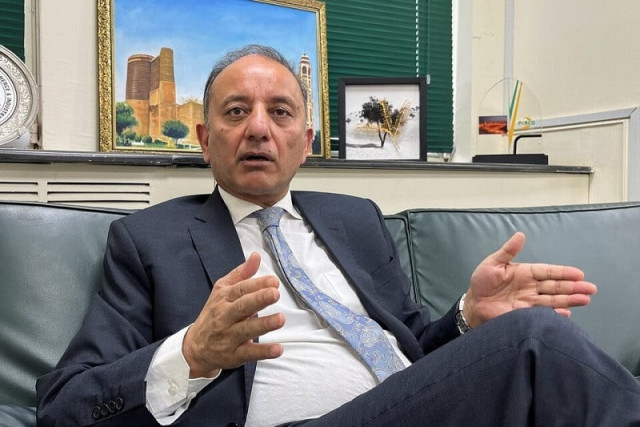World Bank outlines 10-year plan for partnership
Framework focuses on climate resilience, education, and energy reform; Malik calls for scalable, high-impact projects

Federal Minister for Climate Change and Environmental Coordination, Senator Dr Musadik Malik, met a World Bank delegation led by Country Director Melormaa Amgaabazar and Gallius Draugelis on Wednesday to discuss Pakistan's macroeconomic challenges and development priorities.
According to an official statement, the meeting focused on factors contributing to Pakistan's economic instability and inflationary pressures. Malik underscored that tactical hurdles in project implementation often delay progress and reduce impact, stressing the need for strategic clarity and efficient execution.
He highlighted that many ongoing development projects are high-budget but low-skill, lacking scalability and cost-effectiveness. "Our focus must be on projects that are both scalable and sustainable, capable of delivering large-scale benefits to the people," he said.
The minister also cautioned against diverting development funds from critical sectors such as education, population welfare, women empowerment, and health, noting that such reallocation creates long-term systemic inefficiencies and undermines national priorities.
The World Bank reaffirmed its long-term commitment to Pakistan, outlining a 10-year engagement framework. The plan outlines collaboration in six key areas: stunting reduction, climate resilience, private sector development, education, population management, and energy sector reform.
The World Bank also presented the 10-year Country Partnership Framework (FY26-FY35) built on two years of extensive consultations defining the strategic roadmap for the institution's collaboration with Pakistan.




















COMMENTS
Comments are moderated and generally will be posted if they are on-topic and not abusive.
For more information, please see our Comments FAQ